You are a member of the first generation of doctors in the history of medicine to turn their backs on the oath of Hippocrates and kill millions of old useless people, unborn children, born malformed children, for the good of mankind ― and to do so without a single murmur from the august New England Journal of Medicine. And do you know what you’re going to end up doing? You, a graduate of Harvard and a reader of the New York Times and a member of the Ford Foundation’s Program for the Third World? Do you know what is going to happen to you?
You’re going to end up killing Jews.
― Walker Percy, The Thanatos Syndrome.
It is one thing to speak of the sanctity of life and of human life being created in the image and likeness of God. But what does one say when it comes to end-of life issues, and the question of euthanasia comes up? What does one do when a loved one is in immense suffering?
When people talk about whether euthanasia is right or wrong, two questions will inevitably come up:
- Why is euthanasia right (or wrong)?
- Should we not be able to determine the ultimate disposition of our own bodies?
Even from a non-religious standpoint, euthanasia is wrong for 4 reasons:
- Humans have great dignity.
- Voluntary euthanasia is a slippery slope.
- It puts pressure on “burdensome” individuals.
- It makes true palliative care worse.
We will review each of these reasons in detail.
Reason #1: Humans Have Greater Dignity
Some say that if one euthanizes their pets when they are old and suffering, the same should be true for humans. Some go so far as to say that, if humans are unable to choose euthanasia, their pets have more “rights” than they do.
The pain of watching a loved one suffer immensely, particularly in their final days, is indescribable. Understandably, we often wish to do anything to alleviate their suffering.
The fundamental problem with euthanasia is that it violates human dignity.
Human dignity doesn’t come from ability, wealth, mental state, or any other changeable factor. It comes directly from our humanity. This inherent and immutable dignity gives every human life value. Human dignity and the intrinsic value of human life are the bedrock of any sane structure of social ethics.
When we let anyone decide that a life is no longer valuable, even if it’s the individual making that decision, we are treating human dignity like a subjective opinion instead of an immutable reality. The attitude that human dignity is subjective is an essential ingredient to any kind of human rights abuse.
Even in a person’s final moments, even with immense suffering, everyone deserves to die a natural death. Humans have an intrinsic and unique value and worth, and hastening one’s death violates this worth.
In their final days, humans should opt for comfort care – or palliative care, as we will discuss below – while accepting a natural death. What is a “natural death?”
Natural death is when an individual allows their ailments to claim their life versus hastening their death or using physician-assisted suicide. By dying a natural death, one is not hastening their death through drugs or lack of food, for example. Instead, they are accepting their end as it comes naturally and living their final moments in the best comfort possible.
Reason #2: Voluntary Euthanasia is a Slippery Slope
Voluntary euthanasia is a slippery slope to involuntary euthanasia. Involuntary euthanasia involves killing a person when they either do not consent or are unable to consent (such as while in a coma).
If we allow individuals to choose physician-assisted suicide when they are suffering, what’s to stop the family of a patient from choosing euthanasia when their loved one is unconscious?
The Netherlands legalized euthanasia of newborns who are “defective,” which includes being “severely handicapped.” Killing newborns is not voluntary euthanasia. The newborn lacks the ability to consent.
Indeed, allowing voluntary euthanasia and expecting involuntary euthanasia to still be opposed is dangerous. Involuntary euthanasia can easily go under the radar, especially in the case of newborns and the elderly.
Many oppose the “slippery slope” argument, saying there is no evidence that allowing voluntary euthanasia would lead to involuntary euthanasia. They further argue that creating laws that draw a hard line between voluntary and involuntary euthanasia would prevent the slippery slope fear, that society can support the voluntary while strongly rejecting the involuntary.
However, allowing voluntary euthanasia and expecting involuntary euthanasia to be opposed in all cases is dangerous. A 2022 project concluded that legalized euthanasia presents too great a risk to vulnerable communities, namely, the disabled and terminally ill.
There’s also the concern that involuntary euthanasia will be used for those whose lives are not deemed “worth living,” such as deformed or disabled children, or for those with treatable conditions.
Canada is a Warning for Our Future
Canada’s “progressive” euthanasia and physician-assisted suicide laws are further down the slippery slope than our own. It can serve as a stark, real-life example of the slippery slope argument.
A Canadian veteran was offered euthanasia as the ideal solution when she couldn’t secure a stairlift for her home.
Another veteran was reportedly seeking treatment for PTSD injuries and had been improving when his VA counselor suggested physician-assisted suicide as the best option. What’s the point of having healthcare, if the go-to is euthanasia when someone is suffering?
Canada has expanded their euthanasia laws to include individuals with chronic conditions, even if those conditions are not life-threatening. But the expansion doesn’t stop there. There has been a push to legalize euthanasia for individuals suffering solely from a mental illness, such as depression. This expansion was set to take place in March 2023, but they extended the date to March 2024.
What the future may reap with such policies is bleak. Canada has government-funded healthcare. If euthanasia becomes the norm for illnesses and conditions, will the government stop funding many sectors in healthcare, with the assumption that individuals will choose euthanasia?
A Forbes article addresses concerns felt by doctors:
“Dr. Ramona Coelho, a Canadian family physician told the Associated Press, ‘The whole premise of the legislation is built on a discriminatory approach to people with disabilities. … Most Canadians think that this is a service of compassion offered for people who have nothing left to be offered and are being offered death as a way out. When, in fact, the system is being applied so liberally and so easily in such a short time period that people are dying who would’ve recovered with greater care and resources to live.’
It is a view echoed by Marie-Claude Landry head of the country’s human rights commission who said that euthanasia ‘cannot be a default for Canada to fulfill its human rights obligations.’
Addressing the notion that, when patients are presented with treatment options by doctors, they are likely to be viewing their future life with disability through the lens of economic deprivation, Landry said, “In an era where we recognize the right to die with dignity, we must do more to guarantee the right to live with dignity.”
Reason #3: Allowing Euthanasia Puts Pressure on “Burdensome” Individuals
Related to Reason #2, if euthanasia is allowed, it indicates that there are individuals in society who we are unwilling to help and care for. Society should be sensitive and caring to those who have more challenges.
Normalized and encouraged euthanasia further puts pressure on these individuals to take their own lives to make life “easier” for the society who spurns them. Such individuals would include disabled, elderly, mentally challenged, or even those who suffer from mental illnesses such as anxiety or depression (such as we are seeing in Canada).
Professor Theo Boer is a leading expert in the ethics of euthanasia. He is a member of a review committee that receives information regarding every euthanasia case in the Netherlands. He expressed concern regarding the pressure that normalized euthanasia puts on “burdensome” individuals.
Further, a poll by the disability charity Scope found that 64% of disabled respondents would be concerned with a relaxation of the laws surrounding assisted suicide. They fear that, by having broader assisted suicide services, disabled individuals will be pressured to choose this option.
An article on The Guardian on how disabled individuals are pressured to choose assisted suicide:
“Some 5% of people in Oregon dying by assisted suicide cited financial pressures as a cause. Meanwhile, the number citing being a ‘burden on family/friends/caregivers’ increased from 13% in 1998 to 55% in 2017. This tallies with Scope’s research that the majority of people with disabilities are concerned that legalising assisted suicide might lead to disabled people choosing it in order not to be a burden on others.
Under austerity people who are disabled, ill or elderly are constantly taught that funding our health and social care is a burden – that we are inherently a burden.”
Society should never shrug off the responsibility of taking care of its members, particularly those who need it the most. There is no limit to how far the ugly arms of euthanasia could reach. But these individuals are loved and valued human beings with intrinsic worth. They should receive the same respect, honor, and kindness as the rest of society.
Indeed, those who choose euthanasia may well be choosing it out of a fear of being “burdensome” to their loved ones. Instead, these individuals should be reassured that their lives are worth living and that they have dignity. They are worthy of care, support, comfort, and compassion in their final days. Palliative care is a worthy alternative to euthanasia. It honors the patient’s dignity and gives them comfort as they prepare for their final day.
Which brings us to the final reason euthanasia is wrong.
Reason #4: Allowing Euthanasia Makes True Palliative Care Worse
Euthanasia is, by its nature and definition, in complete opposition to the principle of “do no harm.” Thus, euthanasia and palliative care are completely incompatible. Palliative care seeks to provide dignity, comfort, and compassion in a person’s final days. It seeks to minimize or eliminate pain and to give comfort to the patient. Palliative care is thus in perfect accord with the medical principle of “do no harm.” Not only does it make euthanasia obsolete, but it also makes it unthinkable.
It also can be said that palliative care affords an understanding of one’s own worthiness and dignity, even in the midst of suffering. A 2018 study found that 86% of patients who received palliative care did not request euthanasia. Euthanasia, meanwhile, is the ultimate despair, the last-ditch effort to make things “easier” for the patient’s family and loved ones. In reality, a family should know their own individual dignity and worth and honor themselves and their family members.
If euthanasia is pushed and normalized, palliative care is impossible. Having euthanasia as the norm makes it expected, so palliative care becomes unexpected and neglected. Those who do not choose euthanasia may be seen as a burden on the healthcare system. Those who do not have access to needed care may also be pushed towards euthanasia, as seen in Canada with the two veterans. Indeed, we’ve seen assisted suicide suggested for financial reasons.
Dr. Madeline Li, a Canadian psychiatrist who’s helped hundreds of patients with physician-assisted suicide, expressed concern over where Canada is heading with its euthanasia expansions: “Making death too ready a solution disadvantages the most vulnerable people, and actually lets society off the hook. I don’t think death should be society’s solutions for its own failures.”
In countries where the government funds healthcare (thus providing universal healthcare), normalized and pushed euthanasia would encourage the government to limit or even halt funding of end-of-life healthcare beyond euthanasia. In other words, in such countries, the government does not have an interest in paying for palliative services, assuming or wanting the patient to choose euthanasia as the cheaper option.
Allowing and normalizing euthanasia takes away from the dignity and worth that palliative care encourages and emphasizes.
Final Thoughts
Humans deserve more than hastening their death in the painful final days. Instead of euthanasia, we should be pushing for improved palliative care to give comfort to individuals in their final days in accordance with their worth and dignity.
This article was originally published in July 2020 by Dr. Brian Clowes and was most recently updated in June 2023 by Marisa Cantu.


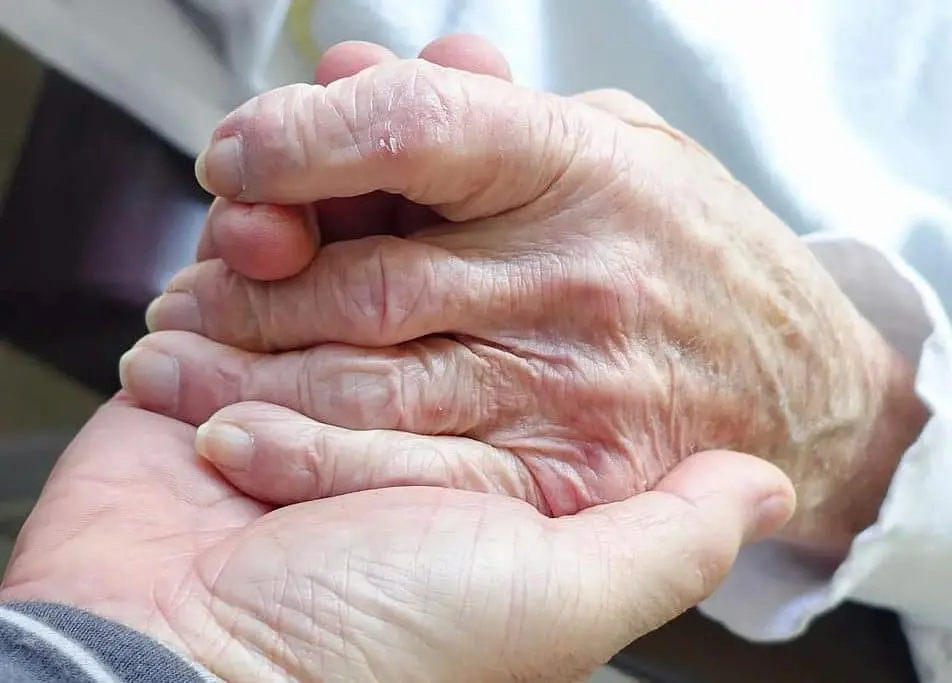
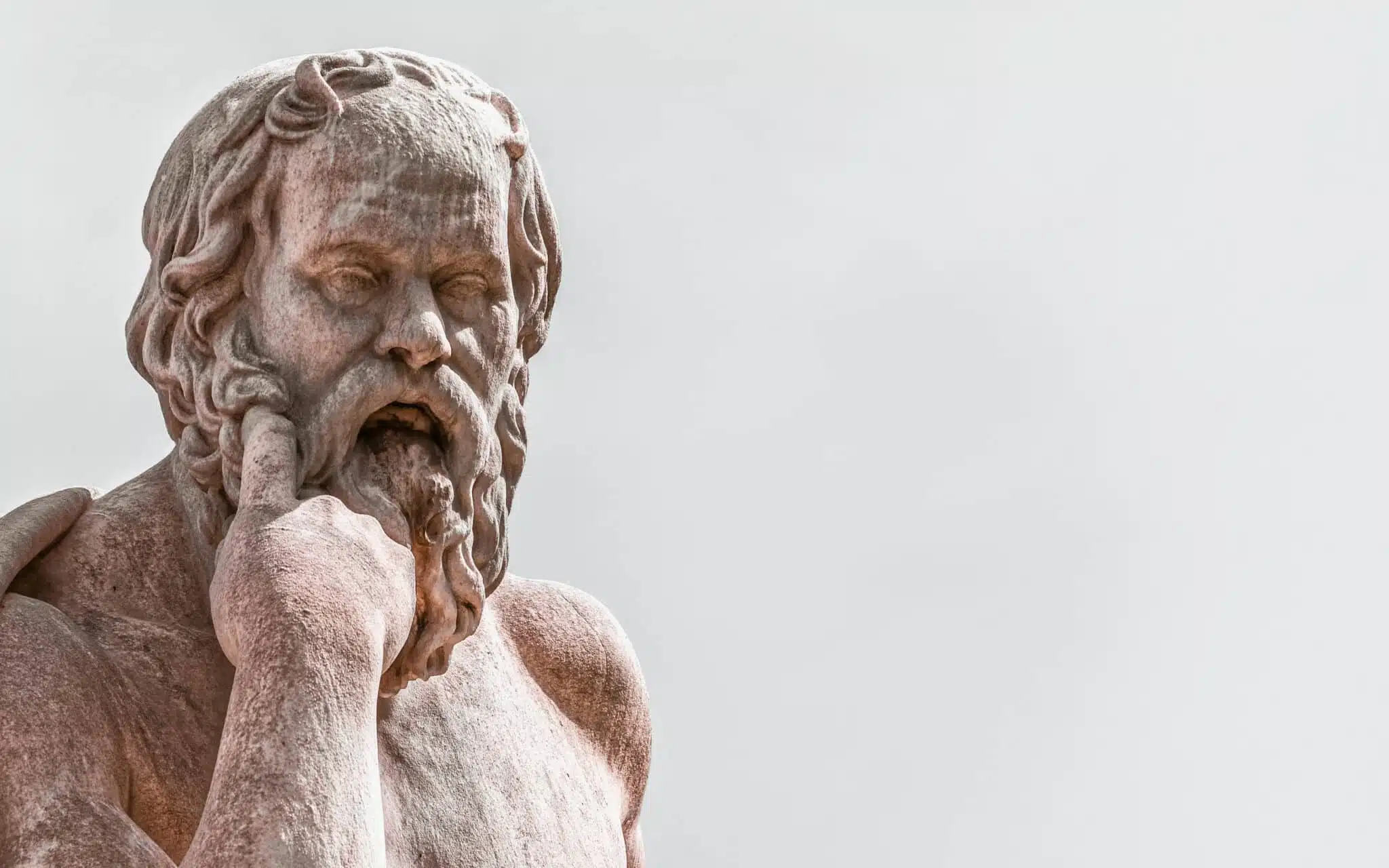
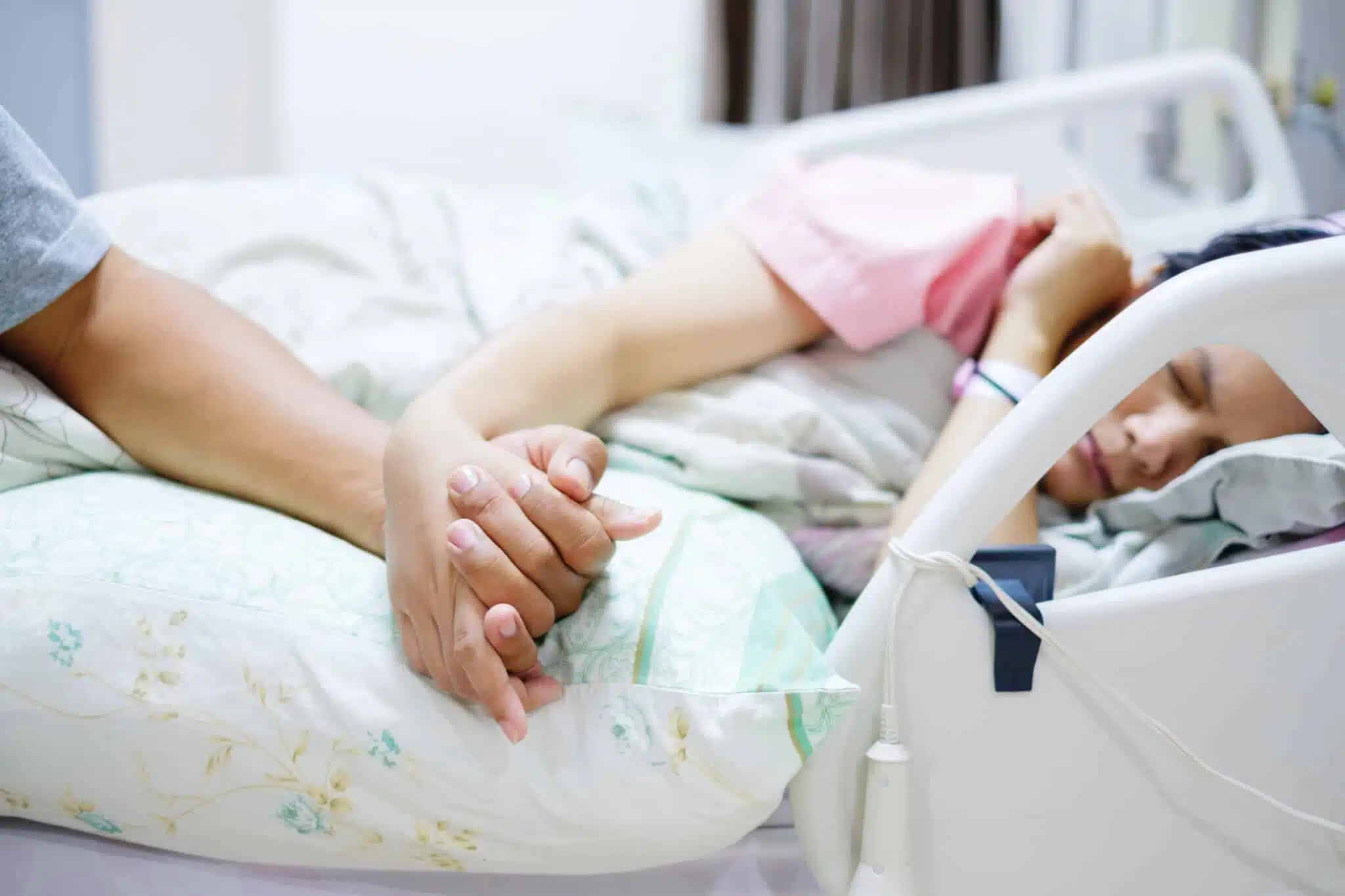
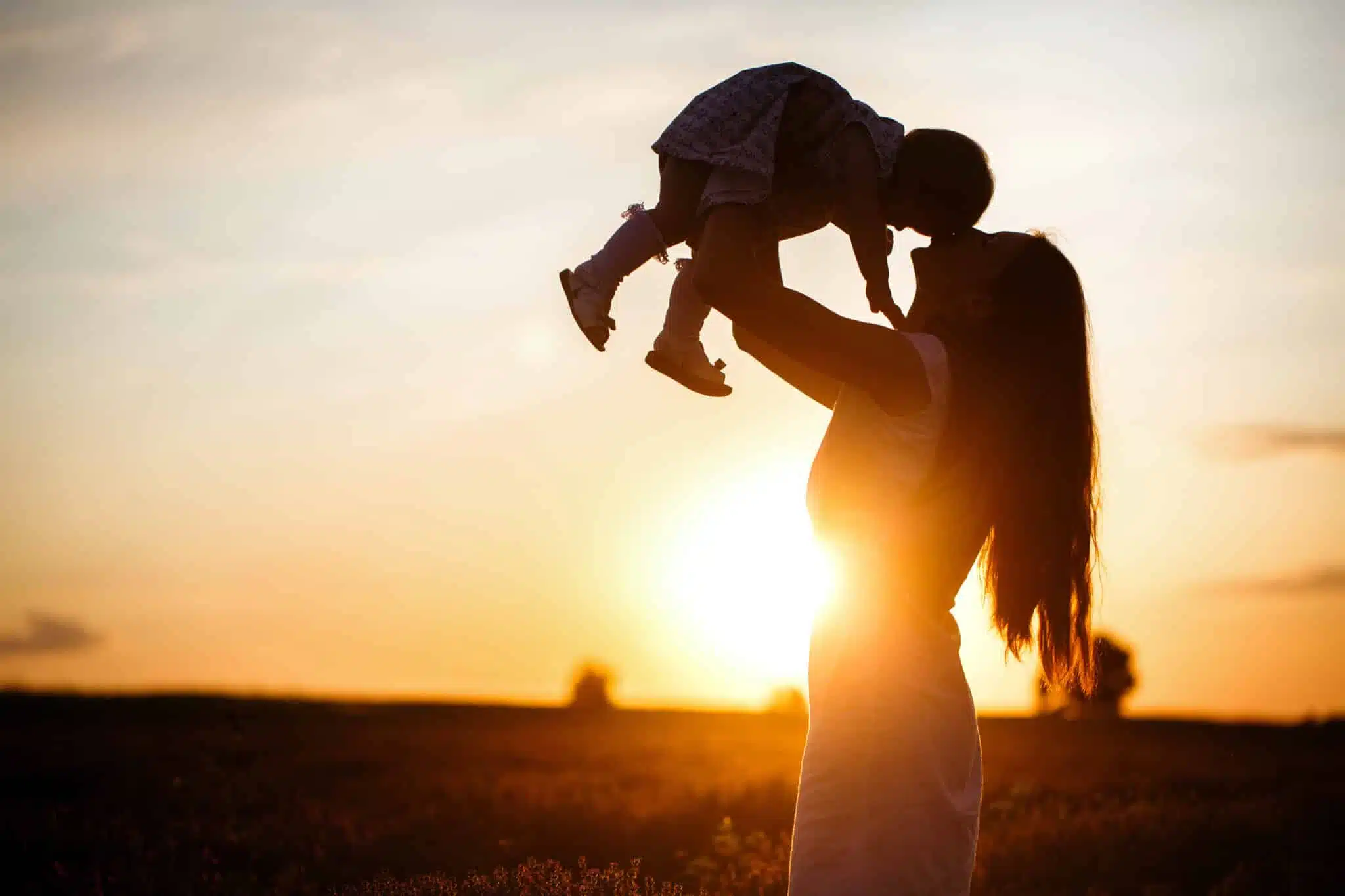
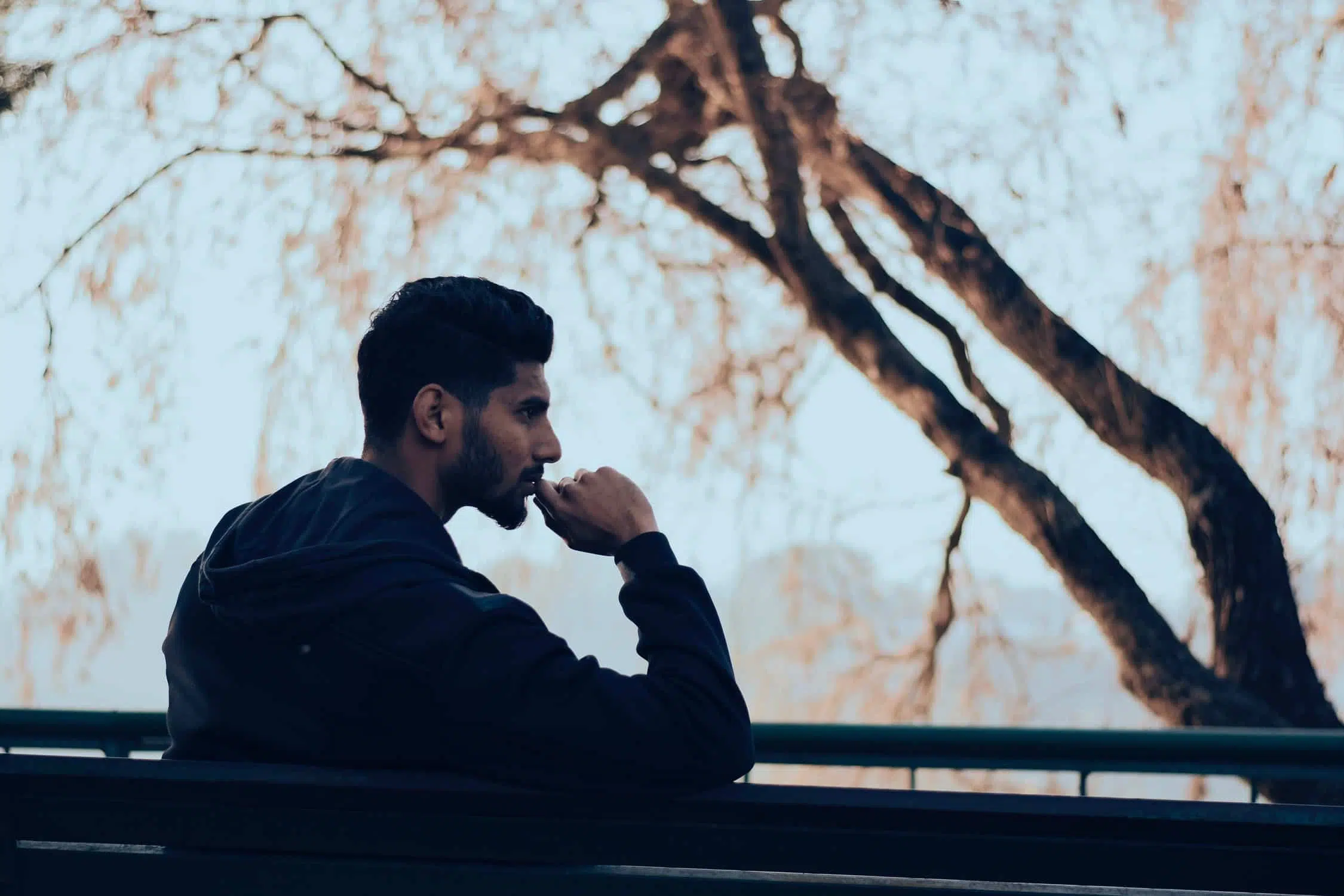
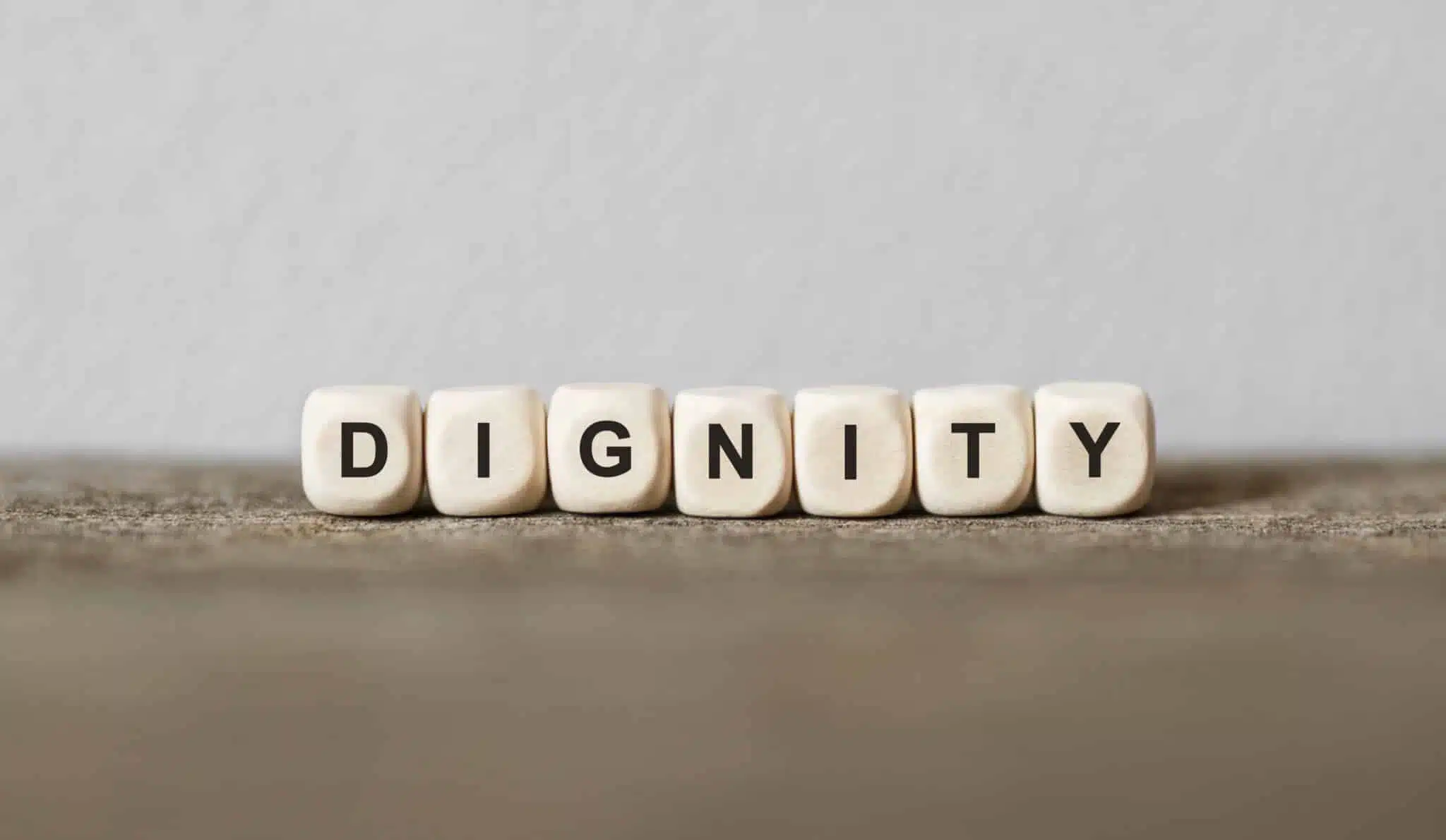
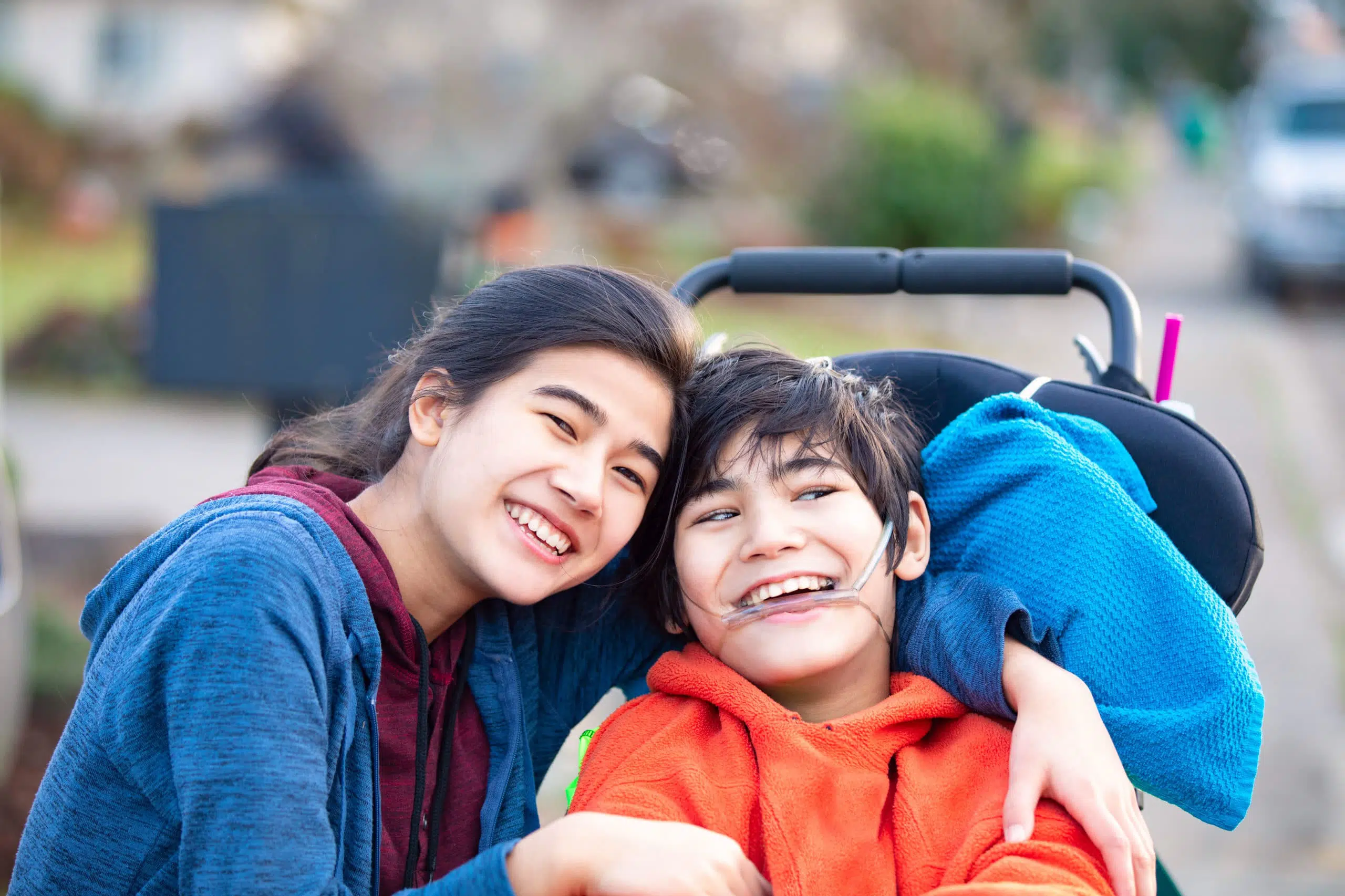
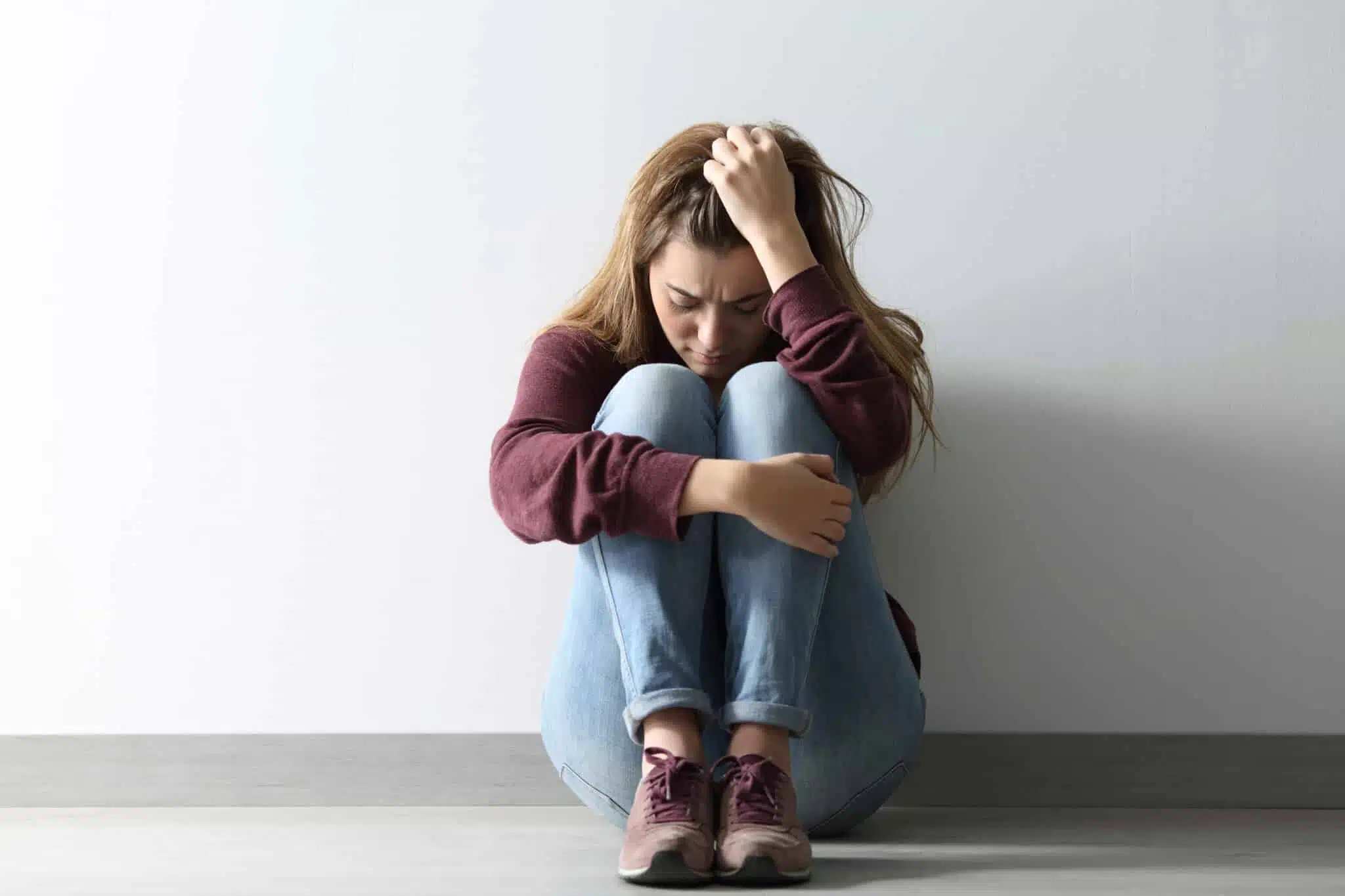
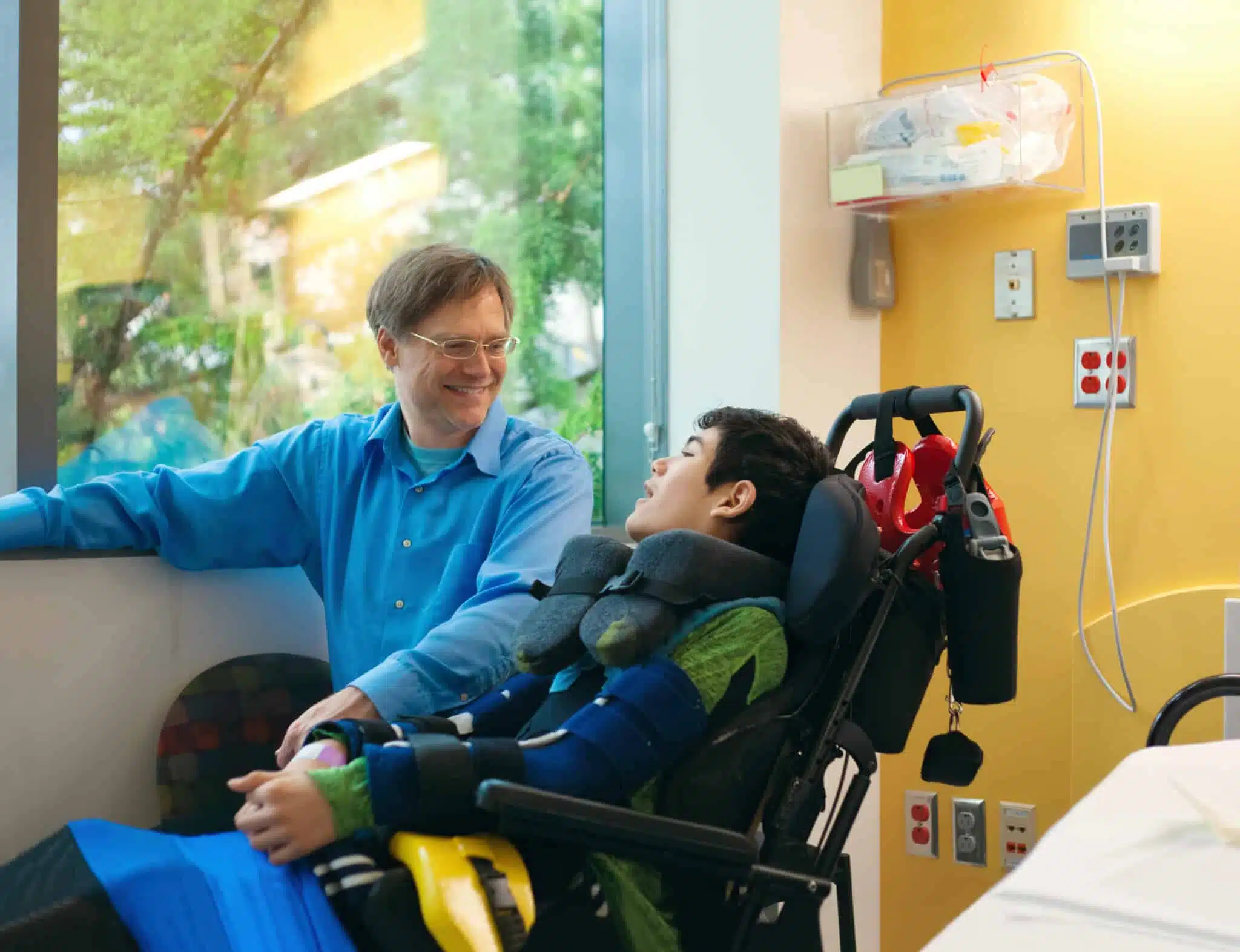
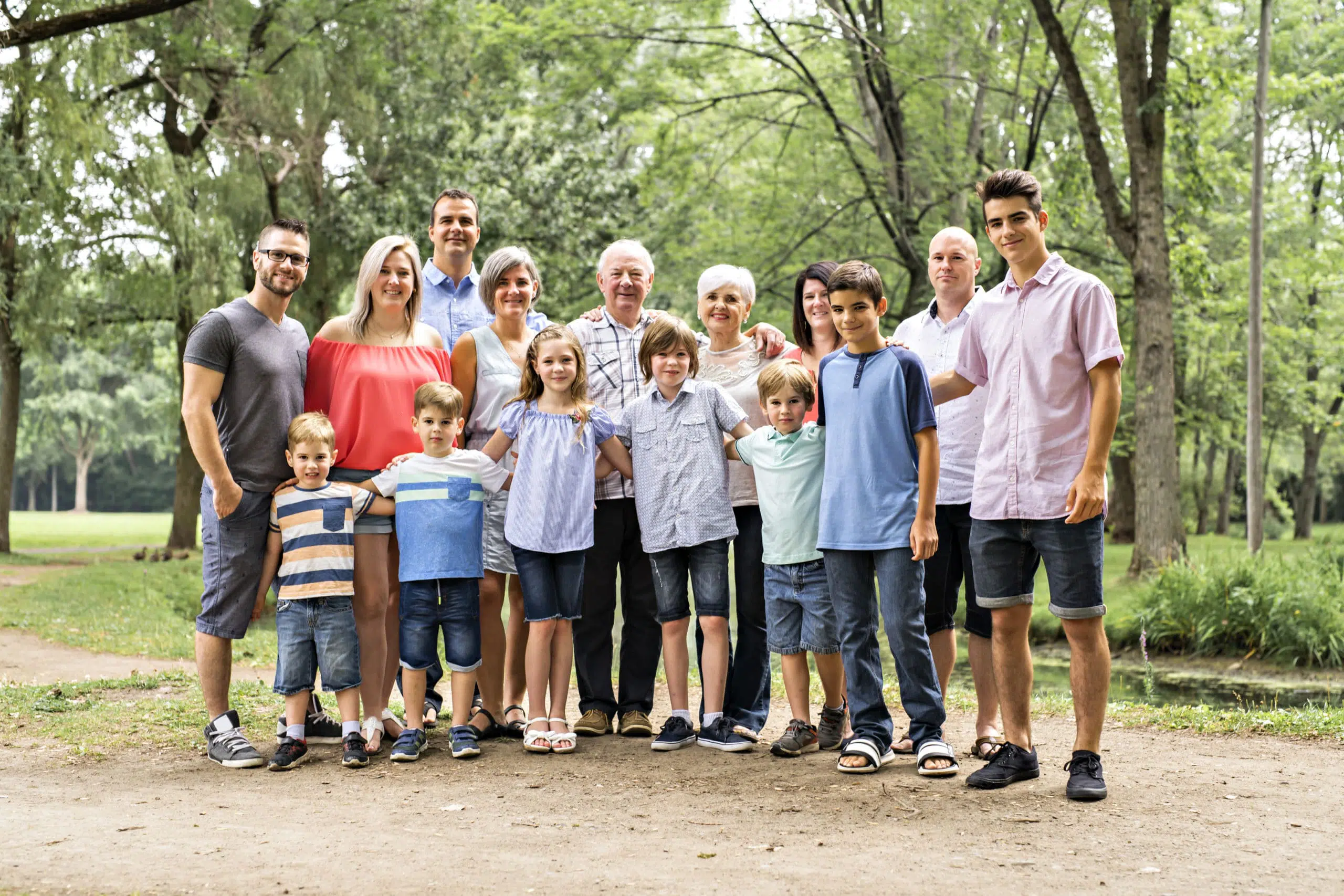
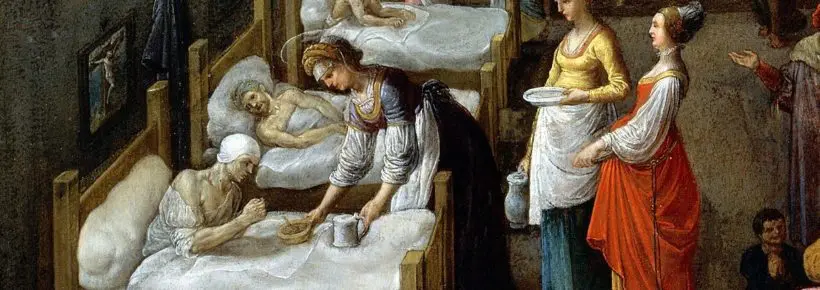
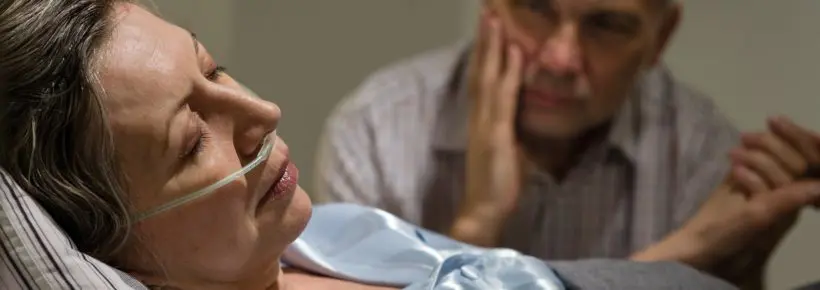
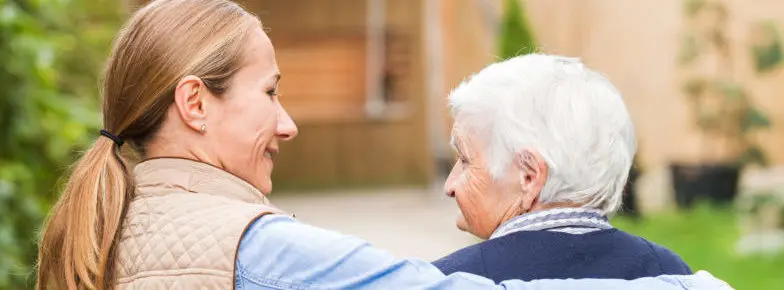

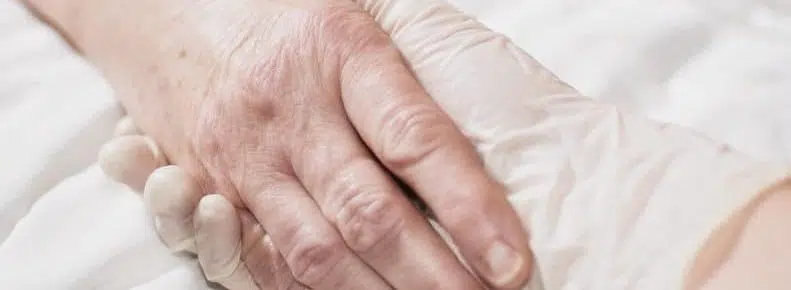

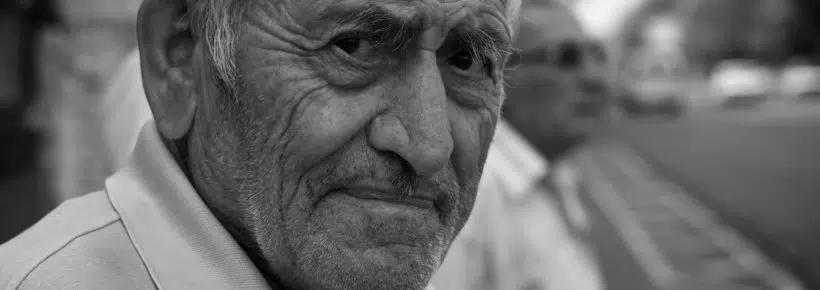
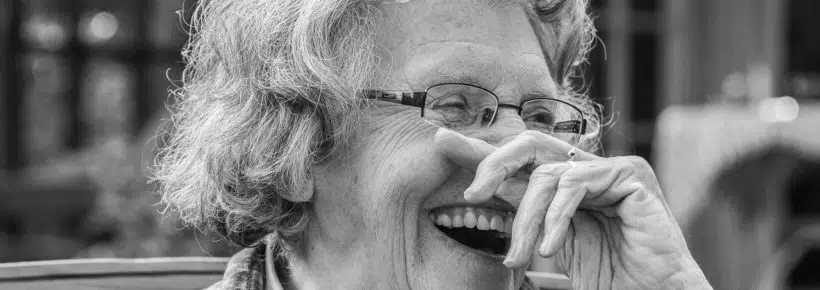

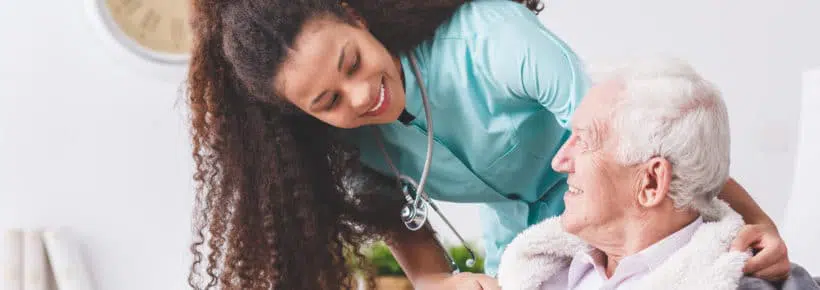

Everything you said sounds extremely biased. Not everyone is religious, and as an athiest, I can easily make several of these arguments; I totally agree that under absolutely NO circumstances, should euthanasia be actively encouraged; let alone should it ever be used on a non-consenting human.
I have the same belief for humans as I do for animals: No creature should be forced to surrender their lives, or their organs or anything else, for others “convenience”.
However, I can see where your argument falls apart at the seams: you repeatedly, and emphatically, turn into a “strawman”, as well as a “slippery slope”, and you overemphasize every single time your argument is “proven”, while willfully ignoring anything that could be used as evidence against this.
If laws were put in place to protect all minors, and laws put in place that those seeking euthanasia for non-lethal reasons (including poverty and mental illness) would automatically have to go through various programs that would give their lives dignity (one point I agree with wholeheartedly); and that no matter what, every person would be granted the right to live, and the right to all needed healthcare free of charge; thus protectong all other forms of healthcare, including pallative care (which could, ideally, coexist with patient requested euthanasia, in extremely painful circumstamces);
And if we were to simply apply similar to pets as well (pets may receive pallative care, we stop euthanizing healthy individuals no matter the reason, etc);
Then we could have a much more friendly, bearable world, that is still quite safe for the living, without being a trap of torture.
The issue I have with your opinion piece is that it is quite intentionally selective in the examples used. They are of the “Supposed brain-dead comatose patient surprises evil doctors and gets up to pick up a puppy” variety.
I’m literally in the middle of experiencing a quite different situation. I am the caregiver for a great friend I’ll call Fred. Fred is an 80-year-old Marine…the “tough as nails” type who never showed a moment of physical pain. He also smoked for over 60 years. He knew that his hacking cough probably meant a bad outcome, so he ignored it for years.
When his body started aching to the point of unbearable pain, he finally agreed to let me take him for a visit to the doctor. It’s now six weeks later. Stage 4 lung cancer, with the pain being caused by the cancer spreading to his bones. I watched as the radiologist showed the CT and PET scans, along with Fred. The technology is amazing. The results were close to horrifying. The computer display took a path that started at Fred’s jawline, and travelled to knee level. The radiologist would pause at each of the affected bones. By “affected”, I mean each area with a mass that was actively eating away at his bones. Fred’s right shoulder blade was missing one-third of it’s bone. The same with both pelvic bones, a few ribs, and quite a few more bones. He had a fracture in his right mid-humerus. The doctor said that, given the fragility of his bones, the fracture could easily have been caused by a sneeze.
Fred is going to die today, tomorrow, likely no more than three days from now. He’s not going to miraculously rise up and pick up a granddaughter or a puppy. I’ll tell you what he IS going to do, and what he’s been doing for five days now: He is going to agonize in a state of semiconciousness while breakthrough pain causes his body to twitch uncontrollably. This tough-as-nails Marine screams every two or three minutes….a long, desperate scream that even makes his nurses cringe. How do I know this? Because I’ve spent hours at his bedside, his hand in mine, praying silently that his body finally succumbs. I wonder how many of the commenters to this article, who opine so stridently and with such conviction, even sat and watched a loved one suffer so brutally.
And the “But in this day and age, with modern pain medications, no one needs to suffer before dying” contention? I speak from first hand observation: It was bull**** 20 years ago when my mother died a very painful cancer death, and it remains so today. Why? Because when you see your loved one in agony, and try to have the pain meds increased, the response is today what it was 20 years ago: “If we give him any more medication, we run the risk of stopping his heart. We aren’t allowed to do that.” And to give you an idea of just how effective those end-of-life drugs are: Fred is receiving a strong dose of morphine EVERY HOUR, along with a daily fentenyl patch. Two of the strongest medications available. His screams of agony as he lies in a fetal position shows just how effective they are. There’s a reason it’s called “breakthrough pain”.
So forgive me if I find your article disingenuous at best, and intentionally misleading at worst. You cite examples of people in comas, while intentionally overlooking that there are some patients who will NOT rise up miraculously. The discussion is one of great nuance, but you paint with a broad brush. I suspect that your mind won’t be changed unless and until you have to hold that loved one’s hand and watch him in agony. You might then realize that your claims that the moment of a person’s death should be “God’s will” ring hollow. To subscribe such mercilessness on God is sacrilegious in and of itself. I also suspect that you will delete this post, as it doesn’t fit easily into your simplistic rationale.
One last thing: I pray that you never suffer as Fred suffers at this moment, and I pray that you never see what I’ve seen.
Peter, We are so very sorry for Fred’s suffering. It is no easy thing to accompany a loved one in his final days, even less so when great suffering is involved. Our sympathy goes out to you both and to all who are dear to Fred and will feel his loss. Fred’s life, and indeed all human life, is a gift from God. I humbly offer my prayers and the following resource to better explain the redemptive power of suffering: https://www.hli.org/resources/slippery-slope-euthanasia/
Peter:
1) I’m so very sorry that you’ve had to endure watching a loved one leave this world like that. While I do not 100% know your pain, I empathize with you very deeply… my mother passed away in 2020 while I was in bootcamp from Stage 4 uterine cancer that, by the time it was discovered, had spread to most of her body. This was about a few years after a very successful surgery that removed a malignant glioblastoma in her brain.
2) I’m very glad you decided to post your comment (and that it remained up), as I found this article left an exceedingly bad taste in my mouth, as well. As you cited, the medical examples used are extremely narrow and all follow one “genre.” I actually couldn’t believe what I was reading, and I could not finish the article, as such.
3) I hope you have the love and support that YOU need after going through such an ordeal with your dear friend.
I would like a printable copy of your this article to share with the Drs who are trying to euthanize my father. We’re fighting for his life and trying to to get him to a safe place out of secular hospitals. We have a very short window to do so. We need to find a pro-life neurologist in CA and a compassionate healthcare facility willing to take him and rescue a living person from the tyranny of wanna-be-god doctors and empowered by corrupt laws.
Thanks for your interest. When viewing this article on the HLI website, you should see a “bar” of icons: Facebook, Instagram, Twitter, etc., and a Printer Friendly icon. Clicking that printer icon will allow you to print the article in PDF format.
I have got so many facts from this article to my debate “Euthanasia should be banned”. Thank you so much !!!
God bless you. Every life soul matters.
Dear Mr. Clowes,
I enjoyed your article. Well written. Thanks.
Cordially,
Derek Simpson